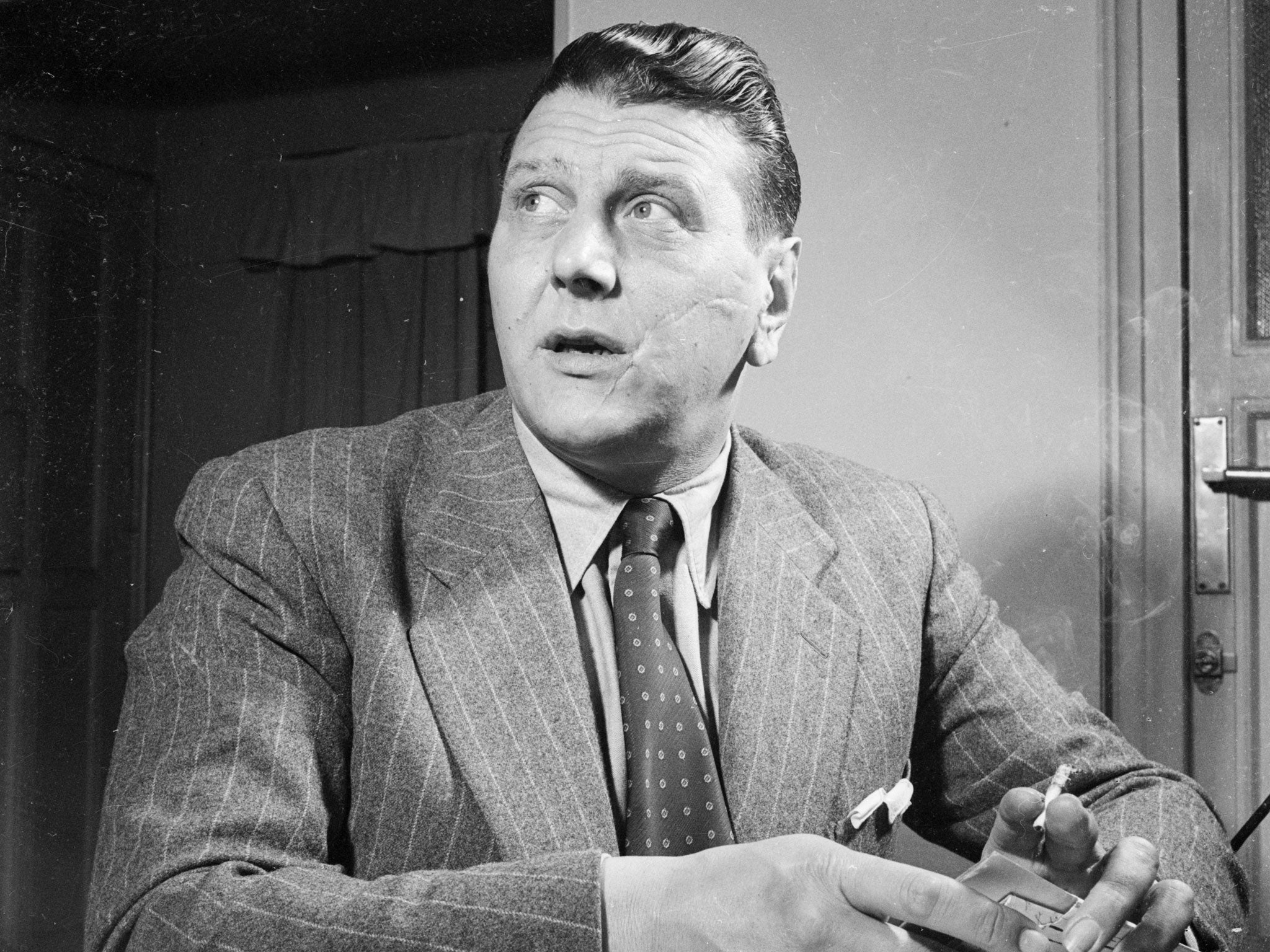IoS book review: Ratlines, By Stuart Neville
Washing Ireland's dirty laundry is not for the faint-hearted

Your support helps us to tell the story
From reproductive rights to climate change to Big Tech, The Independent is on the ground when the story is developing. Whether it's investigating the financials of Elon Musk's pro-Trump PAC or producing our latest documentary, 'The A Word', which shines a light on the American women fighting for reproductive rights, we know how important it is to parse out the facts from the messaging.
At such a critical moment in US history, we need reporters on the ground. Your donation allows us to keep sending journalists to speak to both sides of the story.
The Independent is trusted by Americans across the entire political spectrum. And unlike many other quality news outlets, we choose not to lock Americans out of our reporting and analysis with paywalls. We believe quality journalism should be available to everyone, paid for by those who can afford it.
Your support makes all the difference.Anyone who likes a bit of moral complexity in their crime fiction is in for a treat with this accomplished, assured and expertly plotted historical novel. Set in the Republic of Ireland in 1963, Ratlines is an immersive, atmospheric book; a complex conundrum of a story with tendrils that lead back to the Second World War.
The title refers to the escape routes across Europe that hundreds of Nazis used in order to flee after the war, many of them to set up new lives in Ireland. The historical context is worth going into here, as it is the bedrock of the novel, and subtly infiltrates every character's motivation.
Ireland was, of course, neutral during the Second World War, but many republicans had plenty of sympathy for Germany, my enemy's enemy being my ally, and all that. Thousands of others, however, enlisted to fight in the British Army, and this difference continued to run through Irish life for decades after the war.
Ratlines opens with a former Nazi being killed in Ireland. A message is pinned to the body threatening another German, the real-life figure of Otto Skorzeny, a colonel in the Third Reich who has become a powerful and rich businessman, thanks to a mixture of stolen gold and the apparent patronage of one Charles Haughey. Haughey appears throughout Ratlines as an arrogant and preening Minister for Justice, and he enlists our anti-hero Albert Ryan to investigate the threat to Skorzeny, a threat that exponentially increases as more dead Nazis and collaborators turn up.
Ryan is an investigator for the Irish Directorate of Intelligence – the equivalent of MI5, roughly – but he also served in the British Army, both in the Second World War and afterwards in Korea. And yet he finds himself entrusted with the task of protecting a known Nazi.
This dilemma is at the heart of Ratlines, and Neville exploits it brilliantly. As the plot ramps up several levels (and it really does), we meet a young woman, Celia, tasked with getting close to Ryan and reporting back to Skorzeny; former SAS soldiers in search of millions in Nazi gold; a team of Breton nationalists full of guilt at their wartime collaboration with Germany; and a deeply compromised member of the Israeli secret service Mossad.
This might all sound over the top when spelled out here, but Neville does a fine job of grounding his action in the everyday. Not for him the cliché of the glamorous international spy. Instead he depicts the brutality and banality of that life with refreshing grittiness. Indeed, as if to prove that point, there's a running joke in Ratlines about the newly released first James Bond film, Dr No, which Ryan takes Celia to see, declaring it "a bit silly". No such silliness can be seen in Ryan's method of working.
It should probably be pointed out that Ratlines is not for the faint-hearted. There are two lengthy torture scenes, a number of severe beatings and a fair old body count, but it's to Neville's credit that none of this seems gratuitous. The author's clean, direct prose, well-utilised research, intricate plotting and deep characterisation all add up to a seriously impressive piece of crime fiction, that lingers long in the memory.
Join our commenting forum
Join thought-provoking conversations, follow other Independent readers and see their replies
Comments